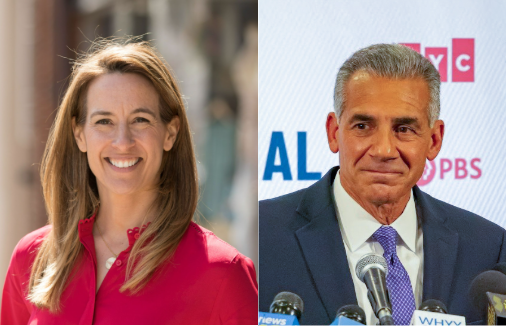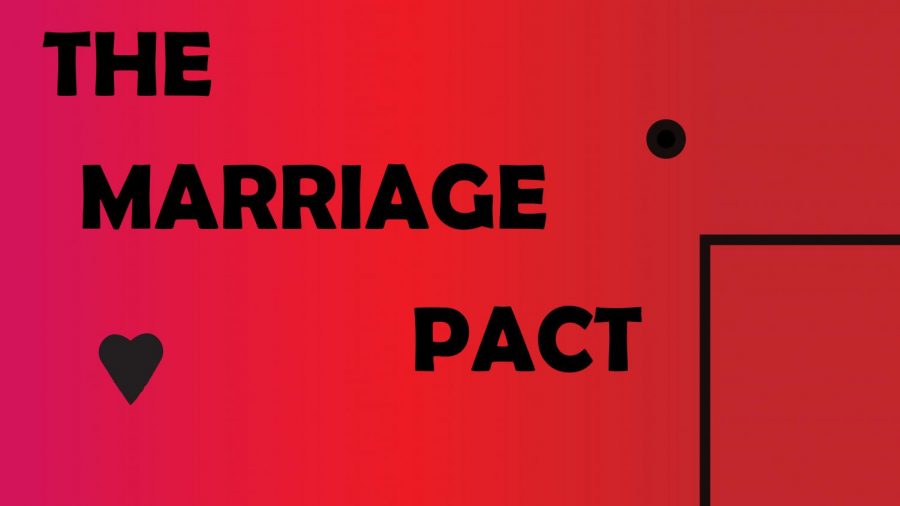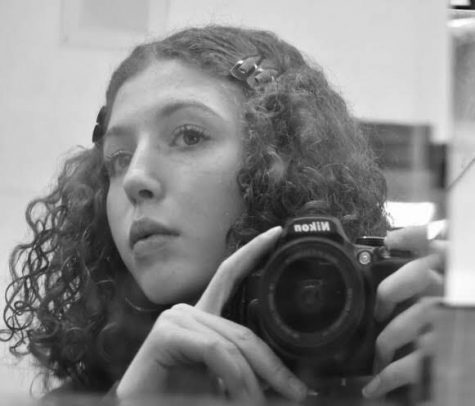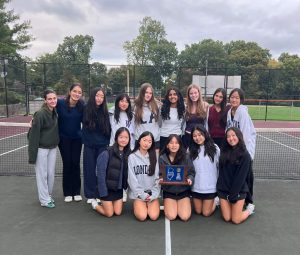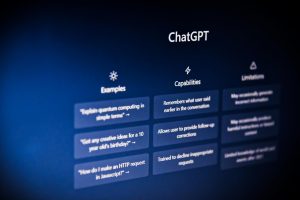The Marriage Pact: Can This Algorithm Help College Students Find The One?
March 5, 2021
You might not have your ring by spring, or be down on one knee in Tennessee with that girl from your Vanderbilt poli-sci class, but college kids around the nation excitedly click on the Marriage Pact survey link with the alluring prospects of a lasting relationship to remedy quarantine loneliness and the uncertainty of love beyond college. In the midst of the monotony of Zoom meetings, many students are eager to forge connections and hopefully find budding romance with their mathematically perfect match.
The Marriage Pact was originally created in 2017 by Sophia Sterling-Angus and Liam McGregor with the goal of finding each Stanford student a future spouse. Inspired by their economics homework, the Marriage Pact has grown into a full-fledged company under the leadership of CEO McGregor.
To participate in the Marriage Pact, students answer 50 questions on lifestyle and personal preferences. Prompts range from “gender roles exist for a reason” to “how many kids do you want in the future,” and participants are able to rate how strongly they agree from a scale of one to seven.
The Marriage Pact has expanded to Duke, Dartmouth, Vanderbilt, Columbia, Northwestern, and Princeton with its soulmate-finding algorithm. Since each college is different, each version of the questions is different. But the goal remains the same: find your lifelong partner.
We all have been at a restaurant causally laughing at people on awkward dates, struggling to make decent conversation and fleeing once the check arrives. The algorithm doesn’t ensure instant attraction, but it does promise that you will share common interests with your match. The questions guarantee compatibility as well as mitigate the misery of first dates.
While sparks may not ignite, the concept of the college matchmaking service is genius. Even if you’re too busy obsessing over the perfect GPA for med school, or not ready to settle down, the survey gives college students an effortless opportunity to find The One.
Although it doesn’t necessarily sound romantic to tell your grandchildren you met their grandpa through an algorithm, students may discover genuine connections with people they were too scared to approach, like that random boy with his eyes adrift in the depths of cyberspace in your psych Zoom.
Did the Marriage Pact algorithm calculate love, you might ask. Well, many students were just curious who they would be matched with and had no intention of actually pursuing the person, others wanted to escape their Tinder and Hinge failures, some looking for something real and eternal went on dates with their match.
Whether the Marriage Pact was statistics or destiny, we may hear wedding bells soon…



























































